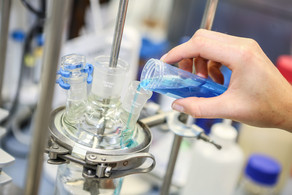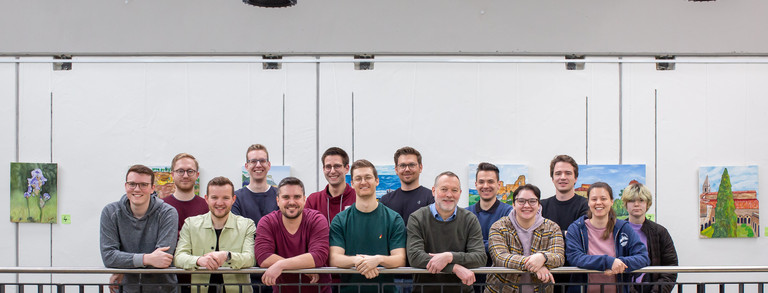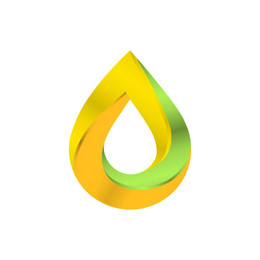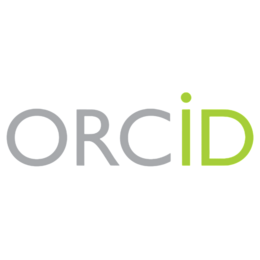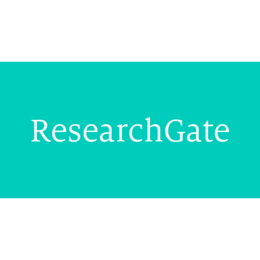M. Sc. Maximilian Spiekermann
Focus of work
- Transfer Metal Catalysis
- Selective hydrogenation of renewables
- Process intensification of multiphase reactions
- 3D-Printing for chemical applications
Follow the link to moodle to get further information about current student research projects:
Curriculum Vitae
Maxi Spiekermann studied chemical engineering at the department of biochemical and chemical engineering of TU Dortmund University from 2012 and finished his bachelor studies in spring 2018 at the chair of Prof. Dr. Vogt covering the biphasic hydroformylation of 1-octene with polymer particles as phase transfer agents. During his subsequent master studies at TU Dortmund University he spent a semester abroad studying chemical engineering at the Hong Kong University of Science and Technology after receiving a scholarship by Prof. Engell. Throughout his semester abroad he focused his studies on conceptual process design and energetic optimization of chemical processes. Following his return to Germany he worked on his master thesis at the chair of Prof. Dr. Vogt about the Grubbs-Hoveyda II catalyzed self-metathesis of 1-octene. He graduated in 2020 and started working as a research associate in the junior research group Renewlysis of Dr. Seidensticker in January 2021 on the semi-hydrogenation of multi-unsaturated FAME catalyzed by a novel catalyst.
Research Topic
The formation of intermediates based on renewable substrates is a challenging task. Fats and oils from different sources vary in composition of fatty acids. Selective hydrogenation of these mixtures as fatty acid methyl esters (FAME‘s) can be used to create a normalized feedstock for further reactions leading to higher functionalized oleochemicals.
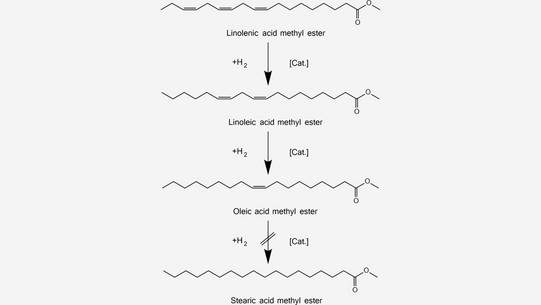
Publications & Conferences
-
Kondratiuk, M., Spiekermann, M. L., Seidensticker, T., Gooßen, L., (2025) "Sustainable Diesel from Rapeseed Oil Esters by Sequential Semi-Hydrogenation, Double Bond Isomerization, and Metathesis" Chem. Eur. J. 2025, 31, e202500523, DOI: 10.1002/chem.202500523
-
Fromme, T., Spiekermann, M. L., Lehmann, F., Barcikowski, S., Seidensticker, T., Reichenberger, S., (2025) "Preferential enrichment and extraction of laser-synthesized nanoparticles in organic phases" Beilstein J. Nanotechnol., 16, 254–263, DOI: 10.3762/bjnano.16.20
-
Wegener, H. W., Reichert, R., Brede, N., Gierse, A., Spiekermann, M. L., Vogt, D., Seidensticker, T., (2025) "Mechanistic Insights Into the Methoxycarbonylation of Technical Grade Oleochemicals: Catalytical and Structural Analysis of Conjugated Fatty Acid Methyl Esters" Eur. J. Lipid Sci. Technol. e202400198 DOI: 10.1002/ejlt.202400198
-
Roth, T. F. H., Spiekermann, M. L., Lütkenhaus, D., Niefer, F., Vogt, D., Seidensticker, T., (2024) "The effect of polyunsaturation – insights into the hydroformylation of oleochemicals" Catal. Sci. Technol., 14, 5551-5558, DOI: 10.1039/D4CY00839A
-
Spiekermann, M. L., Seidensticker, T., (2024) "Catalytic Processes for the Selective Partial Hydrogenation of Fats and Oils: Reevaluating a Mature Technology for Feedstock Diversification" , Review Paper, Catal. Sci. Technol., . DOI: 10.1039/D4CY00488D
- Roth, T. F. H., Kühl, A., Spiekermann, M. L., Wegener, H. W., Seidensticker,T. (2024) "Biodiesel as a Sustainable Platform Chemical Enabled by Selective Partial Hydrogenation: Compounds Outplace Combustion?!",ChemSusChem, e202400036 DOI: 10.1002/cssc.202400036.
- May 2022, Dortmund, 11th workshop on fats and oils as Renewable Feedstock for the Chemical Industry, poster: “Selective Hydrogenation of Poly-Unsaturated Fatty Acid Derivatives in Multi-Phase Catalysis”
- June 2022, Weimar, 55. Jahrestreffen Deutscher Katalytiker, poster: “ Selective Hydrogenation of Renewable Poly-Unsaturated Fatty Acid Derivatives Utilizing a Novel Catalyst.”
- October 2022, Ludwigshafen, The Role of Catalysis for the Energy-Transition DGMK Conference, poster: “Semi-Hydrogenation of Poly-Unsaturated Fatty Acid Derivatives in Multiphase Catalysis for Chemical Feedstock Supply”
- June 2024, Dortmund, 12th workshop on fats and oils as Renewable Feedstock for the Chemical Industry, poster: “Selective Partial Hydrogenation of Fatty Acid Derivatives"




